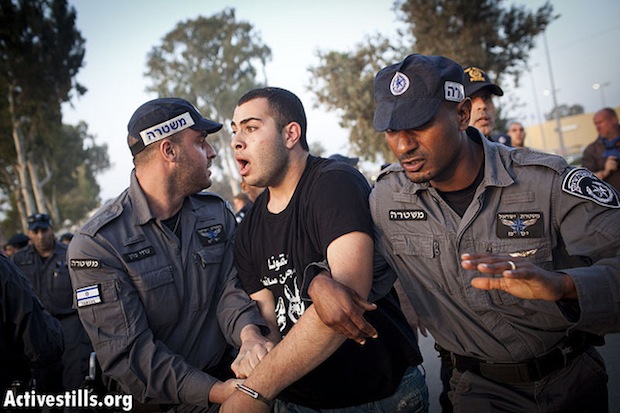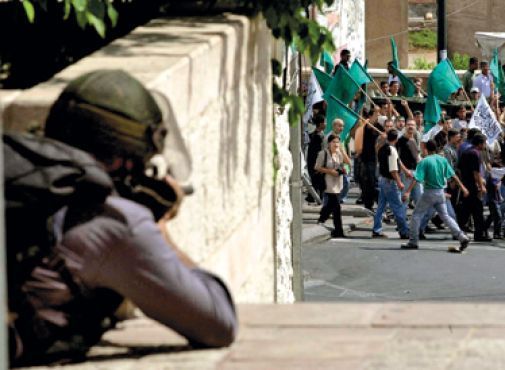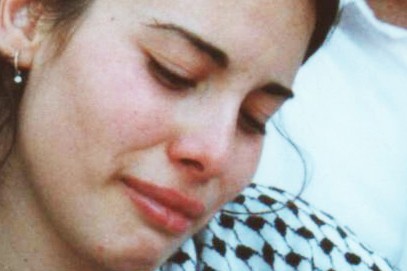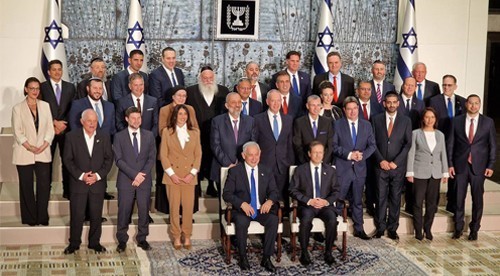Adalah to the Justice Minister and Attorney General: Pardoning a Police Officer Convicted of Killing an Arab Citizen of Israel will Show the State's Unwillingness to Change Patterns of Violent Behavior
Adalah: "Granting a pardon to Officer Mizrahi and not compelling him to serve his prison sentence is a green light for all police officers to use force illegally without fear of being held accountable for their behavior."
On 25 July 2010, Adalah sent a letter to the Minister of Justice and the Attorney General requesting that they do not support a request to pardon police officer Shahir Mizrahi. Officer Mizrahi was convicted on 7 June 2009 of killing Mr. Mahammoud Ghanayim, a Palestinian Arab citizen of Israel, aged 24, from Baqa al-Garbiyyah in July 2006. Adalah Attorney Abeer Baker sent the letter.
In a decision delivered on 21 July 2010, the Israeli Supreme Court doubled a 15-month prison sentence imposed on Officer Mizrahi by the Haifa District Court to 30 months. In increasing the sentence, the court emphasized that the deceased, Mr. Ghanayim, did not pose any threat to the officer's life when Officer Mizrahi shot at him deliberately from a short distance.
Despite the clear condemnation, the Supreme Court's decision was met by an unprecedented wave of protest by police authorities, the Organization for the Rights of Police Officers as well as the Minister of Internal Security, who made a joint request to grant Officer Mizrahi a pardon to prevent his imprisonment. The President of Israel is the sole official with the power to grant pardons. Among the protesters, not one word of criticism was raised against the behavior of the police. Further, there was no mention of the lessons to be learned from this criminal behavior. This event is not an isolated incident but one which has been repeated on numerous occasions. Likewise, no clear statement was made by the individual policeman about the need to respect all citizens' right to life, regardless of status or affiliation.
In the letter, Attorney Baker pointed out the significance of the position taken by the leadership of the police. They are sending the message that a police officer can break the law with impunity and with the support of his fellow officers. This attitude creates an environment where those who are expected to be held to the highest standards become those who encourage the violation of law.
The letter added that this incident must be understood in the wider context of police violence and hostility to Palestinian Arab citizens of Israel, which reached its peak in October 2000. The official Or Commission of Inquiry, which investigated the events of October 2000, emphasized in its report that the hostility to Arab citizens by police, which is fueled by negative views prior to these incidents, must be changed.
The doubling of the prison sentence of Office Mizrahi should be a moment of self-reflection for the police force. Instead it has become another event, which merely encourages police officers to violate the law.


















